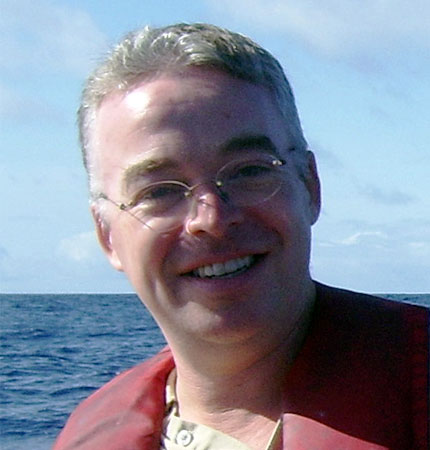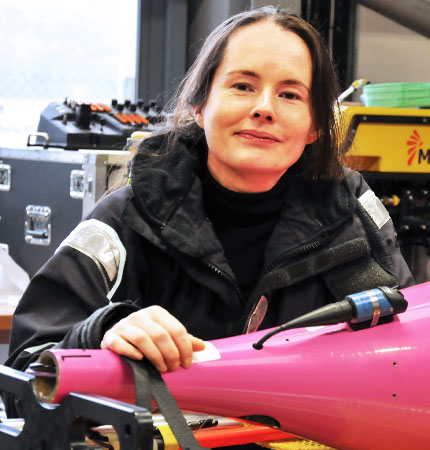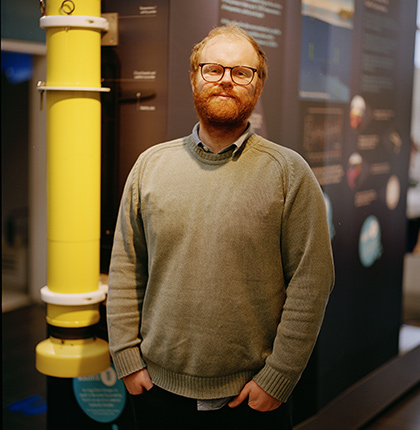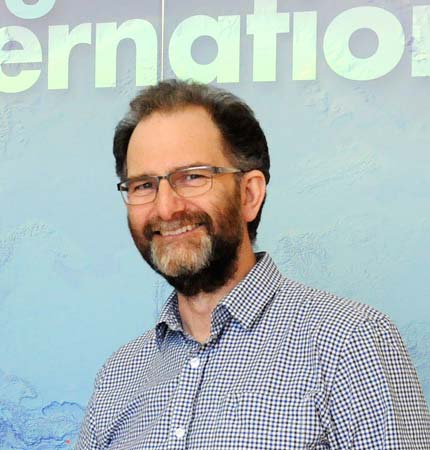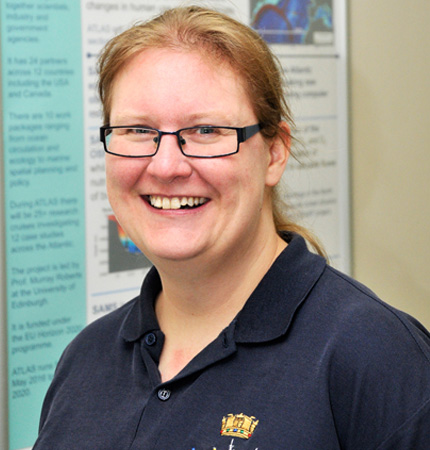A Trans-Atlantic assessment and deep-water ecosystem-based spatial management plan for Europe
Changing environmental conditions and human activities have major impacts on the distribution and sustainability of marine ecosystems. This poses a serious challenge to the business and policy communities seeking to balance societal needs with environmental sustainability. Large-scale ocean observations are needed to improve our understanding of how deep ocean ecosystems function, their roles as reservoirs of biodiversity and genetic resources, and their health under future scenarios of climate change and human use.
ATLAS is providing essential new knowledge on complex deep ocean ecosystems where the greatest gaps in our understanding lie. The four overarching objectives of ATLAS are to:
- >Advance our understanding of deep Atlantic marine ecosystems and populations
- >Improve our capacity to monitor, model and predict shifts in deep-water ecosystems and populations
- >Transform new data, tools and understanding into effective governance
- >Scenario-test and develop science-led, cost-effective adaptive management strategies that stimulate Blue Growth
ATLAS has assembled 12 case-study sites across the North Atlantic Ocean to provide the first coherent, basin-scale assessment of Atlantic deep-water ecosystems. These case studies lie along the pathways of major Atlantic current systems with some areas classified or proposed as Vulnerable Marine Ecosystems. The case studies give the biogeographic, regulatory and jurisdictional range needed to meet ATLAS’ objectives.
Role of SAMS
SAMS is leading work within ATLAS to understand how ecosystems respond to ocean dynamics. The currents in the North Atlantic not only connect deep-sea ecosystems, but also move vast quantities of heat, salt and energy across the basin. As the Earth’s climate changes, we need to understand how these currents will be affected and how this in turn will impact ecosystem functioning, biodiversity and genetic connectivity. Within ATLAS, SAMS have deployed new biogeochemical sensors in the eastern North Atlantic for the first time. This will enable us to calculate fluxes of nutrients and carbon to compliment the heat and salt transports produced within the OSNAP project. Additionally, SAMS is involved in work to investigate connectivity between Atlantic ecosystems by simulating the dispersal of deep-sea larvae via lagrangian particle tracking in models. This allows us to make predictions of how larval dispersal and population connectivity is affected by larval behaviour traits and by the changing climate, with the information being used in the development of adaptive management plans and to inform policy advice.
ATLAS is funded under the European Union’s Horizon 2020 research and innovation under grant agreement No 678760. This output reflects only the author’s view and the European Union cannot be held responsible for any use that may be made of the information contained therein.

